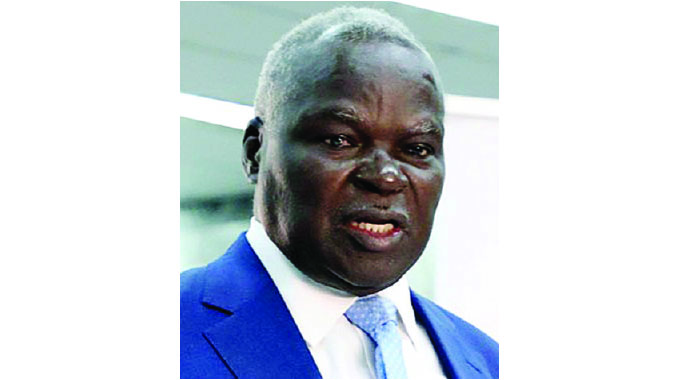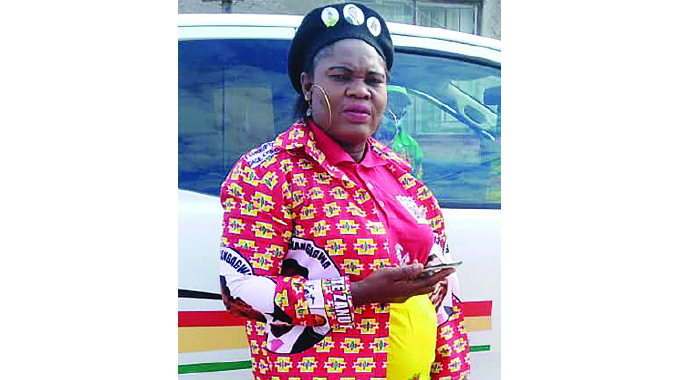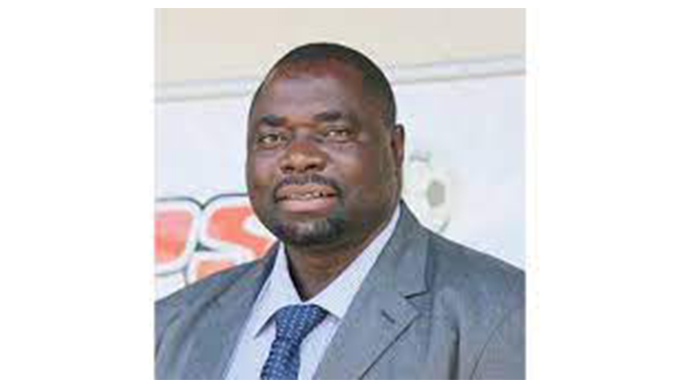Government approves Gweru, Masvingo 2023 budgets

Midlands Bureau Chief
THE Ministry of Local Government and Public Works has approved the 2023 budgets for Gweru and Masvingo City Councils, among other local authorities.
The City of Gweru submitted a US$37 million budget or equivalent in local currency at the inter-bank exchange rate while Masvingo City tabled a US$23, 6 million budget.
Gweru and Masvingo were part of the 92 local authorities that recently presented their 2023 proposed budget before the Minister of Local Government and Public Works, July Moyo.
The minister and his senior staff undertook a rigorous process of budget analysis leading to the final approval. The process took almost a week including weekends, from January 3 to 10 this year.
Gweru’s finance team came up with a budget proposal that went through the council management and finance committee. The local authority then engaged various stakeholders among them the business community, residents, informal traders, non-Governmental organisations, civic society, and churches.
Last year’s budget for Gweru was pegged at $4,9 billion. The city’s public relations officer, Ms Vimbai Chingwaramuse, confirmed the budget approval.

Ms Vimbai Chingwaramuse
“The Ministry of Local Government and Public Works has approved our 2023 budget of US$37 million,” she said.
Under the approved budget, graves at Mtapa and Senga cemeteries now cost US$50 for an adult and US$30 for a child while cremation will cost US$100.
An adult grave for someone who was not a Gweru resident will cost US$100 while that of a child will cost US$40 at both cemeteries. Cremation for a non-resident will cost US$200 while music promoters will pay US$800 to use council halls.
Construction of a structure without council approval, be it in a low, high-density or commercial area, will attract a fine of US$135.
Under supplementary charges, residents will pay US$8 for more than five rooms, US$4 for four rooms, and US$2 for two-roomed houses.
Meanwhile, City of Masvingo’s capital expenditure has been pegged at US$8,5 million while recurrent budget stands at US$15,1 million.
Under capital expenditure priorities are education facilities, which is expected to chew US$734 000, while health facilities have been allocated US$ 631 000.
Water, sanitation, and hygiene were allocated US$7,2 million, social services US$7,4 million, roads US$2,3 million, and public safety and security services US$1,2 million.
Water and infrastructure development was allocated US$ 2,6 million, while roads and storm-water drainage has US$632 000. Social amenities were allocated US$2,9 million and operational assets US$ 1 million.
The city’s acting finance director, Mr Danister Jori, said the 2023 projects approved include water, sanitation, construction of hostels, and expansion of Rujeko Secondary School.
“We are looking at phase two water project, which has been allocated US$1, 5 million and this will be used for the expansion of water treatment facilities,” he said.
Mr Jori said the Rujeko Secondary School project has been allocated US$257 000.

“The school is in Ward 7 in Rujeko suburb and is aimed at decongesting other schools. Now it has form 1 and we are enrolling form 2 classes as part of social amenities,” he said.
Mr Jori said the Mucheke trunk sewer will get US$300 000 while lining drainages in Mucheke Suburb will receive US$150 000.
“Council plans to purchase road maintenance and construction equipment and US$50 000 has been budgeted for that. A total of US$155 000 has been set aside for the purchase of a refuse compactor,” he said.
A total of US$70 000 has been budgeted for purchasing equipment for the maternity wing at the recently opened North West Medical Clinic in Runyararo West.
Minister Moyo has said the budget approval process had afforded a one-to-one interaction between local authorities, the ministry, and other Government agents.
He said councils have been able to explain in detail all the projects they undertook in 2022 and provided pictures of the projects accomplished.
Money for the projects came mainly from devolution funds while some councils used their own funds to complement the Government.
Ratepayers have been encouraged to consciously support their councils to ensure rapid development ahead of the attainment of Vision 2030 of an empowered upper-middle society.











Comments